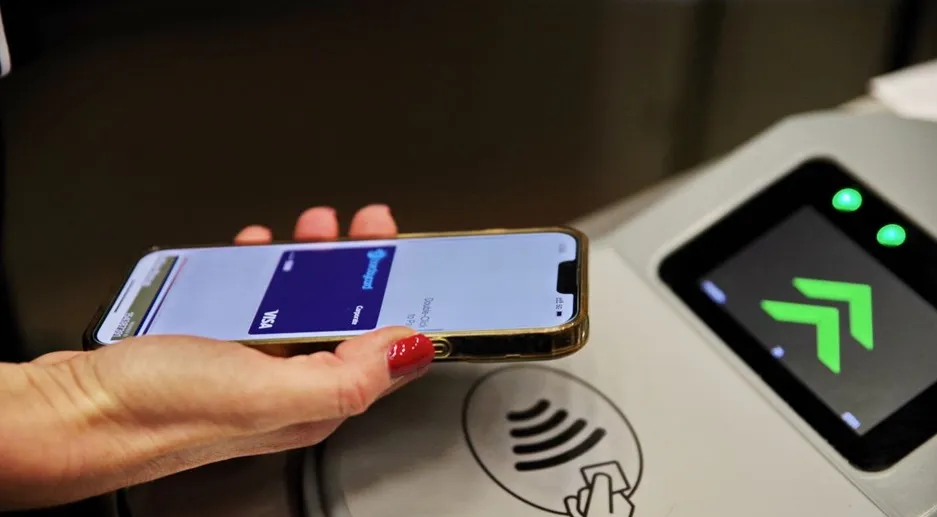Indra has won a US$2.8 million contract with Metro de Medellín to implement the complete fare collection system for the new Ayacucho trolley and to upgrade the contactless validators for the two subway lines. This new project will integrate the Ayacucho trolley line with the intermodal public transportation system that Indra has implemented in Colombia's second-largest city, and the company’s access control technology will be used in all modes of transport managed by Metro de Medellín.
Indra's platform,
November 19, 2015
Read time: 2 mins
Indra's platform, which facilitates the combined use of different modes of transport, and the new ticketing systems, will enable passengers to access the Ayacucho trolley with the same contactless card they already use on the subway, BRT (bus rapid transit) buses, the subway shuttle buses, and the three cable-propelled aerial transport lines.
Indra will be responsible for supplying, installing, configuring and rolling out the fare collection systems for the Avenida Ayacucho Green Corridor trolley line, which include the contactless validators, turnstiles and other access control systems, based on the Open Cívica software developed by the company. Indra will also implement latest-generation automatic top-up machines, confirming the excellent results of a pilot experience which Indra conducted previously for Metro and which will permit the use of unmanned stations without any sales points operated by Metro staff.









